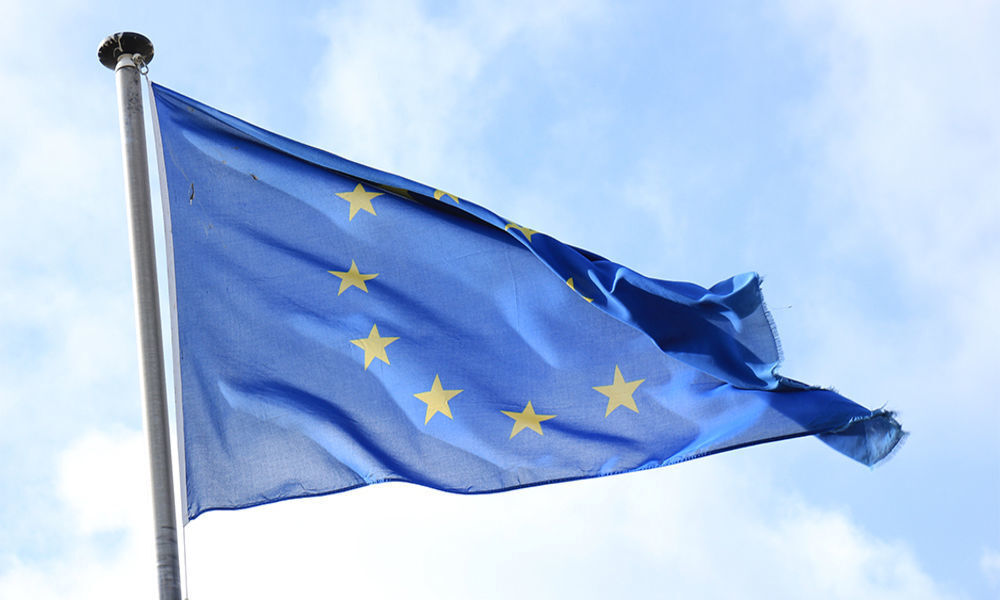European Parliament Gives Final Approval to Controversial Article 13 Copyright Directive

The European Parliament on Tuesday gave final approval to Article 13, a controversial part of a wider directive that shakes up the rules around copyright in the European Union. The new rules will have ramifications for online platforms, content owners and creators, and the general public.
The proposed new framework, now approved, has sparked widespread debate among the platforms, public, and content firms. The platforms, including YouTube and Facebook, largely objected while many creatives supported moves to ensure they are compensated for distribution of their work, and there are sufficient efforts to fight piracy.
"The directive aims to enhance rights holders' chances, notably musicians, performers and script authors, (creatives) as well as news publishers, to negotiate better remuneration deals for the use of their works when these feature on internet platforms," the Parliament said in notes accompanying the announcement that the directive passed
Crucially, the rules approved in Strasbourg include what was Article 13 – and was renumbered to Article 17 – that makes platforms liable for potential copyright infringement on content uploaded to their sites.
Another controversial element was contained in Article 11, which requires users to get permission before sharing content and has been dubbed a "link tax." The Parliament said that "hyperlinks to news articles, accompanied by 'individual words or very short extracts,' can be shared freely."
It also spelled out ways to lift the burden on start-up platforms, which will not be subject to the same obligations.
"This directive is an important step towards correcting a situation which has allowed a few companies to earn huge sums of money without properly remunerating the thousands of creatives and journalists whose work they depend on," said German politician Axel Voss, who was behind the copyright rules.
He added: "It helps make the internet ready for the future, a space which benefits everyone, not only a powerful few."
Google, which has actively lobbied against the changes to EU's copyright laws, continued to insist the legislation will have negative consequences. "The Copyright Directive is improved but will still lead to legal uncertainty and will hurt Europe's creative and digital economies," a Google rep said in a statement. "The details matter, and we look forward to working with policy makers, publishers, creators and rights holders as EU member states move to implement these new rules." Facebook declined to comment.
Raffaella De Santis, an associate at law firm Harbottle & Lewis, said that artists will hail the passing of the directive but there could be unintended consequences for swathes of online services.
"This outcome is unpopular with digital services and importantly, many European voters," she said. "The key focus now will be on how the directive is implemented across the EU over the next two years, and care will need to be taken to ensure that smaller services are not disproportionately disadvantaged by measures which are in reality designed to curtail the formerly unchecked power of the tech giants."
Steve Smith, chair of industry group Directors U.K. the directive will be a game changer fir authors and directors. "Like other directors, my work is uploaded and used all over the internet, for which I receive no additional payment," he said. "The implementation of the Copyright Directive will level the playing field between creators and the tech giants and help directors, for the first time, be rewarded fairly for the use of our work."
Whether the directive is implemented in the U.K., however, remains to be seen with the details of its exit from the European Union still up in the air.
Source: variety.com














